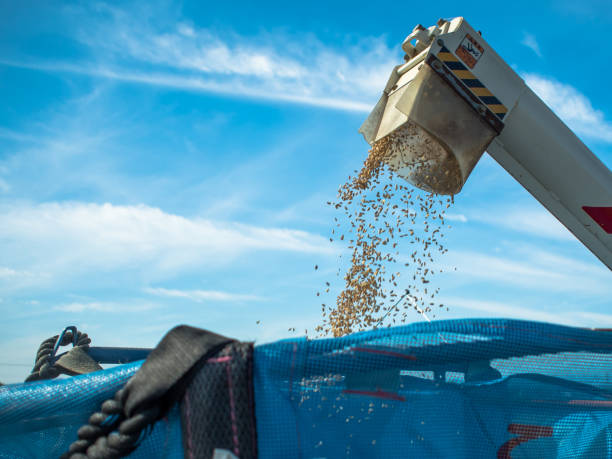Operational Shifts in Food Manufacturing

Q1. Could you start by giving us a brief overview of your professional background, particularly focusing on your expertise in the industry?
I have experience in dairy products, Sesame products, and bread yeast, not only in production and technology but also in trading, business, sales, and procurement.
Q2. From an operations lens, which product segments (e.g., edible oils, tahini, sesame-based snacks) are seeing the highest growth, and how is that shaping capacity planning?
Tahini and sesame-based products are increasing due to high protein, fibre, and zinc levels. Also, in hummus all over the world, consumption is rising, and the most essential ingredient for hummus is tahini (the taste and flavour are directly affected by the sesame origin and production technology)
Q3. Which sesame-based product categories have experienced the most significant YOY volume increase over the past 12–18 months, and what's driving that demand?
As I told you in the previous answer, hummus has significantly increased in the market. The most important thing is that the product is totally vegan, healthy, and very good tasting.
Q4. How do you foresee automation shaping the competitive landscape in the food and beverage processing industry over the next five years?
For Sesame products, there should be an increase in the production of tahini technology because it is still semi-automated. There is really low technology in that area, and it should be redesigned.
Q5. How are food manufacturers structuring their R&D pipelines to balance speed-to-market with scientifically validated claims in fortified and functional foods?
According to market needs (for example, a significant increase in hummus) the most important ingredient (tahini) technology should be revised to serve the market needs and speed up the production.
Q6. What strategies are leading food processing companies implementing to reduce food waste, and how are these strategies impacting their profitability and sustainability goals?
Most food companies are implementing KPI's to follow and decrease waste by giving goals to employees. Also, one company's waste can be the other's raw material so it can be valued by some research of the companies.
Q7. If you were an investor looking at companies within the space, what critical question would you pose to their senior management?
What will be the strategy for Sustainable profit (Ebidta)?
Comments
No comments yet. Be the first to comment!
